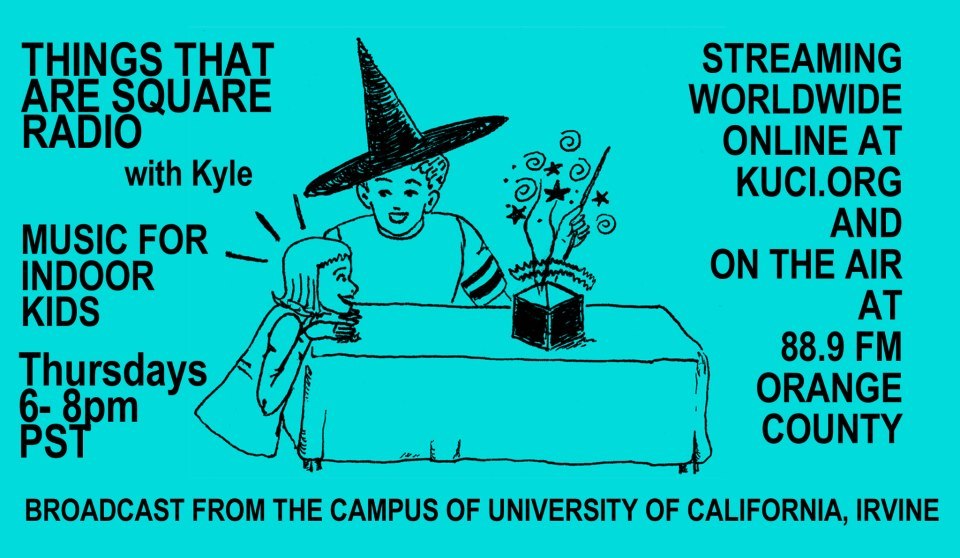Genre Research Project 76/1362: Bulgarian Folk
Folk music revolved around holidays like Christmas, New Year's Day, midsummer, and the Feast of St. Lazarus, as well as the Strandzha region's unusual Nestinarstvo rites, in which villagers fell into a trance and danced on hot coals as part of the joint feast of Sts Konstantin and Elena on May 21. Music was also a part of more personal celebrations such as weddings. Singing has always been a tradition for both men and women. Songs were often sung by women at work parties such as the sedenka (often attended by young men and women in search of partners to court), betrothal ceremonies, and just for fun. Women had an extensive repertoire of songs that they sang while working in the fields. Young women eligible for marriage played a particularly important role at the dancing in the village square (which not too long ago was the major form of "entertainment" in the village and was a very important social scene). The dancing — every Sunday and for three days on major holidays like Easter — began not with instrumental music, but with two groups of young women singing, one leading each end of the dance line. Later on, instrumental musicians might arrive and the singers would no longer be the dance leaders. A special form of song, the lament, was sung not only at funerals but also upon the departure of young men for military service.
The distinctive sounds of women's choirs in Bulgarian folk music come partly from their unique rhythms, harmony and polyphony, such as the use of close intervals like the major second and the singing of a drone accompaniment underneath the melody, especially common in songs from the Shope region around the Bulgarian capital Sofia and the Pirin region. In addition to Koutev, who pioneered many of the harmonies, and composed several songs that were covered by other groups, (especially Tudora), various women's vocal groups gained popularity, including Trio Bulgarka, consisting of Yanka Roupkina, Eva Georgieva, and Stoyanka Boneva, some of whom were included in the "Mystery of the Bulgarian Voices" tours.


0 Comments:
Post a Comment
Subscribe to Post Comments [Atom]
<< Home